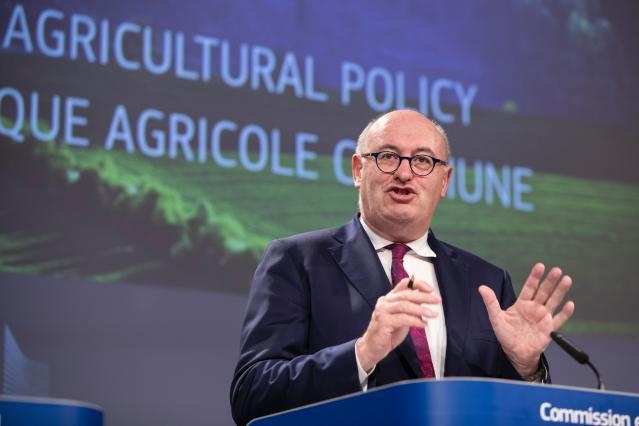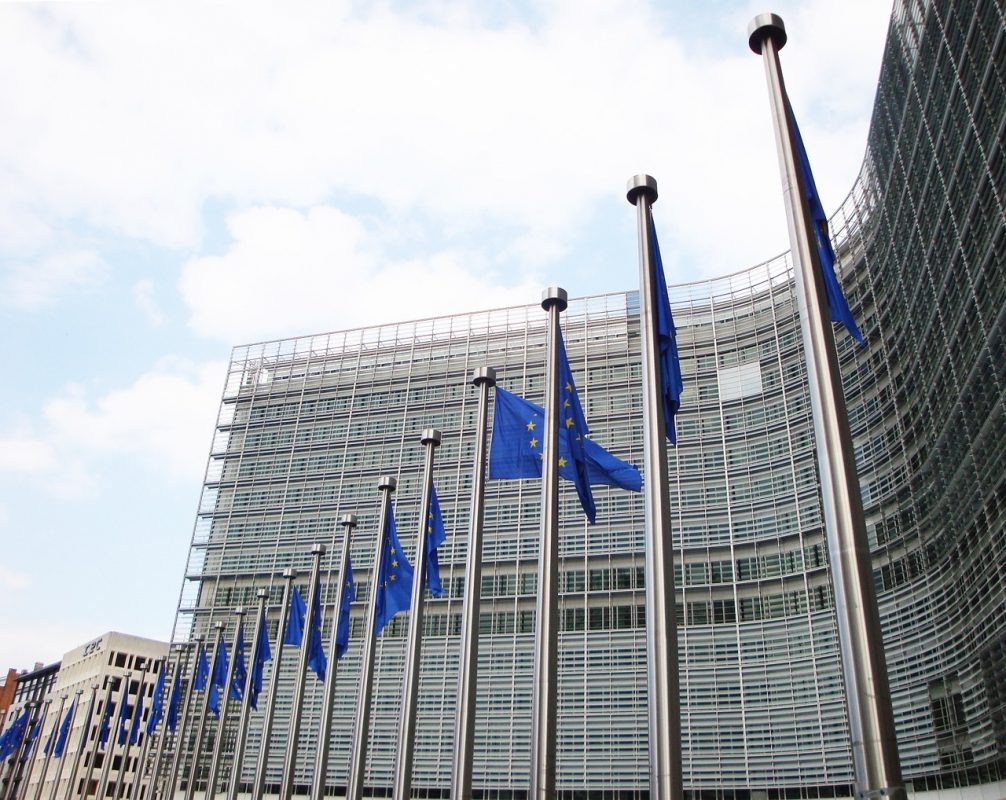Europe’s Competition Commissioner to investigate proposed Bayer-Monsanto merger

August 23rd, 2017
The European Commission has launched an investigation into Bayer’s proposed acquisition of Monsanto over concerns for competition in pesticide, seed, and crop markets.
The proposed $66 billion (€56bn) merger of the two agricultural giants would create the largest integrated pesticides and seeds company in the world.
The Commission is responsible for evaluating mergers involving companies with annual revenues above certain thresholds. It also has the power to block any merger that could severely reduce competition in the European Economic Area.
In a statement, the Commission outlined its concerns that the merger could threaten competition in areas such as pesticides, seeds and crop traits, leading to “higher prices, lower quality, less choice and less innovation”. Preliminary investigations by the Commission identified Bayer and Monsanto as dominant players in these three markets globally.
The focus of the investigation will be on the potential for any takeover to harm competition, as well as the possibility that it could become more difficult for competitors to access distributors and farmers if the two companies tie their sales of pesticide products and seeds.
In July, the companies made commitments to address some of the Commission’s concerns, however, the Commission considered these commitments inadequate.
Monsanto’s controversial herbicide ‘Roundup’ is the highest selling non-selective herbicide in Europe, while Bayer’s glufosinate ammonium herbicide is one of few alternatives to this product.
According to the Commission, Monsanto and Bayer are also part of a small number of competitors capable of discovering new active ingredients and producing new pesticide formulations.
Competition Commissioner, Margrethe Vestager said that the Commission must ensure “effective competition” so that farmers can access innovative, better quality products at competitive prices.
“Seeds and pesticide products are essential for farmers and ultimately consumers,” she added.
The Commission has received petitions from activists worried about the deal’s potential consequences for competition, food safety, consumers, the environment and the climate.
The US-based campaign organisation Avaaz submitted a petition with over one million signatures to Commissioner Vestager in opposition to the deal.
Avaaz’s legal director, Nick Flynn, said: “If the EU allows this merger, one company will control a quarter of the world’s seeds and pesticides, putting our farmers and our food chain at the mercy of the largest agrochemical monopoly in history.”
“It’s working farmers and average citizens that will suffer most if Bayer/Monsanto is given that kind of power over the price and production of our crops,” he added.
Despite the investigation, Bayer is intent that that the transaction will be approved by the end of 2017. A statement from the company said: “Bayer looks forward to continuing to work constructively with the commission with a view to obtaining the commission’s approval.”
The Commission has previously approved other large deals between some of Bayer and Monsanto’s competitors after large concessions were secured, including ChemChina’s acquisition of Syngenta.
The Commission has until January 2018 to make its decision on the transaction’s compatibility with EU merger regulations.
[x_author title=”About the Author”]







